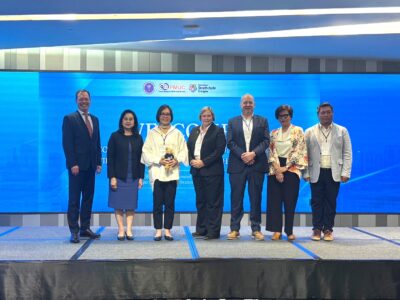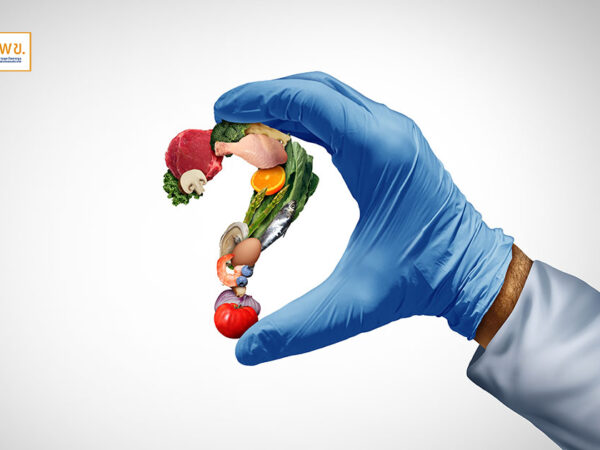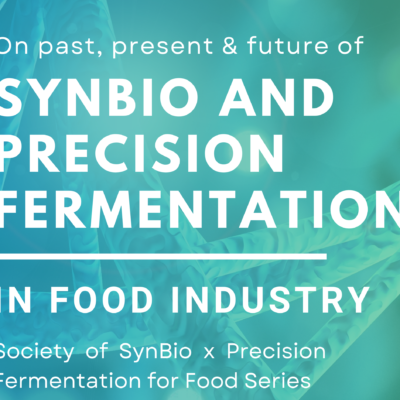A collaboration between the National Institute of Metrology (NIMT) and the Center for Excellence in Herbal Medicine Research, funded by the Program Management Unit for Competitiveness (PMUC), to promote the added value of Thai herbs.
The National Institute of Metrology (NIMT), supported by the Program Management Unit for Competitiveness (PMUC), Thailand Science Research and Innovation, has successfully developed the world’s first “Certified Reference Material (CRM)” for White Galingale. Dr. Nonglak Tangpaisalakun, the head of the research project on the development of measurement standards for herbal services using metrology, played a significant role in this achievement.

Currently, there is an increased use of herbal extracts, especially during the COVID-19 pandemic, as it has been found that herbs and their extracts can effectively inhibit the COVID-19 virus, are safe, and have minimal impact on the body. Standardizing the quality of the herbal extract production process is crucial. Certified Reference Materials (CRM) play an important role in the analysis and testing process, whether it is for food, the environment, clinical chemistry, or material testing. CRM is a standard material or substance that is uniform, stable, and has certified properties of interest. It also includes an expression of measurement uncertainty and the determination of measurement traceability. CRM is essential for analytical and testing laboratories and is used for instrument calibration, method validation, and quality control of testing methods, enabling Thai laboratories to conduct accurate and internationally recognized analyses.

The production process of CRM follows ISO 17034 or the standards related to the manufacturer’s capabilities for certified reference materials. When raw materials are initially obtained for the production process of CRM, they are ground to achieve the closest possible size uniformity. They are then packaged in bottles. Examples include white Galingale is processed to extract Pinostrobin or processing of Andrographis to extract Andrographolide.
The study of uniformity is conducted by analyzing randomly selected bottles from the previous steps to obtain data indicating their uniformity and similar properties throughout the lot.” Studying stability to determine the shelf life of reference materials involves dividing it into short-term stability, primarily for transporting reference materials to assess the suitability of the conditions used for transport. For example, when packaging materials under temperature control of -20 degrees Celsius, they must be packed in foam boxes with dry ice to maintain the temperature. As for long-term stability studies, it aims to examine the shelf life of reference materials to ensure that they retain their properties without significant changes during storage.
After completing all the processes, the final step is to establish reference values, such as determining the purity assessment of the Pinostrobin substance with a purity of (99.95 ± 0.99)% or the Pinostrobin content in Galingale powder capsules, which should contain 10 milligrams of Pinostrobin per capsule, among others.

The world’s first Pinostrobin CRM, with funding support from PMUC under collaboration between the National Institute of Metrology (NIMT) and the Center for Excellence in Herbal Medicine Research.
The reference material derived from white Galingale is typically obtained through imports from foreign countries. However, unverified reference materials (RM) are only suitable for basic quality control purposes and cannot be used for standard measurement unit accreditation. This research and development project on herbal medicine standardization using a metrological approach aims to develop Certified Reference Materials (CRM) to achieve internationally recognized reference materials. This initiative began during the COVID-19 pandemic, when there was a surge in herbal plants with antiviral properties and potential for treating COVID-19, such as Andrographolide in the King of Bitters and Pinostrobin extracts from white Galingale. Thailand did not have certified reference materials for these substances, so the ECDD (Excellence Center for Drug Discovery) at Mahidol University initiated the production of CRMs from the initial raw materials extracted from white Galingale, making it the first CRM for Pinostrobin in the world.
Certified Reference Materials (CRMs) of essential substances from white Galingale play a crucial role in the standardization of traditional Thai herbal medicine. CRM Pinostrobin from white Galingale is used for analytical testing in ISO/IEC 17025-accredited laboratories to ensure product quality and compliance with the required quantities of key substances present in herbal products. This standardization is essential for achieving product registration and for producing standardized products. Furthermore, CRMs can be used in pharmacokinetic studies, drug-body interaction assessments, dosing quantity optimization, and other research applications.
Additionally, this Thai-produced CRM allows for a reduction in the importation of CRMs from foreign countries, which are often three times more expensive and require 60-90 days of transportation. Moreover, it serves as a starting point for private sector investment in ISO/IEC 17025 accredited standard laboratories to enhance analytical testing services. Besides, the Ministry of Public Health, in collaboration with various universities with expertise in herbal medicine, such as Mae Fah Luang University and Burapha University, is responding to the diverse biological needs of traditional Thai herbal medicine in different regions of Thailand. They aim to produce primary substances from herbal plants and develop CRMs that meet international standards while serving as a distribution center for Thai-made CRMs.

“CRM Andrographolide” addresses concerns about the consumption of Fa Talai Jone or Andrographis. In addition to CRM White Crane, Fa Talai Jone, which was the main go-to herb during the COVID-19 pandemic, is undergoing the development of CRM Andrographolide to test the quality of Fa Talai Jone capsule products in the market to obtain a suitable and controlled quantity of Andrographolide, which is 180 milligrams per day for disease treatment as specified by the Department of Medical Sciences. Therefore, the use of CRM Andrographolide for testing and quality control ensures that the product meets standards and dispels doubts about whether we receive sufficient key substances to combat the disease.

The development of CRM at the Ministry of Public Health (MOPH) is supported by the Public Health Development Fund. Research has been conducted on various types of herbs, leaves, and roots through the analysis process to obtain standardized CRM, from the cultivation process to the production stage, analyzing impurities such as heavy metals, insecticides, toxicity in raw materials, and the process of determining the quantity of key substances.
Get to know TRM (Thailand Reference Material) 2022 Edition, which is supported by the Public Health Development Fund.
TRM (Thailand Reference Material) is the official name for Certified Reference Materials produced by the National Institute of Metrology (NIM). The production process of TRM complies with ISO 17034 standards, a project supported by the Public Health Development Fund to establish TRM to support and facilitate testing or calibration laboratories in Thailand, which number more than 1,000. These labs require reference materials in the process of checking the reliability of analysis and testing methods or using them to calibrate instruments. In most cases, they need to import reference materials from abroad, which are costly and time-consuming to order or import. With NIM, a nationally recognized standards agency at the global level, being able to produce reference materials in the country, it not only reduces the importation of certified reference materials from other countries but also increases trust and confidence in measurement results for various trading partners. Currently, NIM has produced a total of 195 certified reference materials, divided into five groups:
- Certified reference materials for clinical chemical measurements: CRMs for Clinical measurements (C)
- Certified reference materials for environmental measurements: CRMs for Environmental measurements (E)
- Certified reference materials for food and feed measurements: CRMs for Food and feed measurements (F)
- Certified reference materials for material and physical property measurements: CRMs for Material and physical property measurements (M)
- Standard solutions and high purity compounds for standard substances and highly pure components: Standard solutions and high purity compounds.







